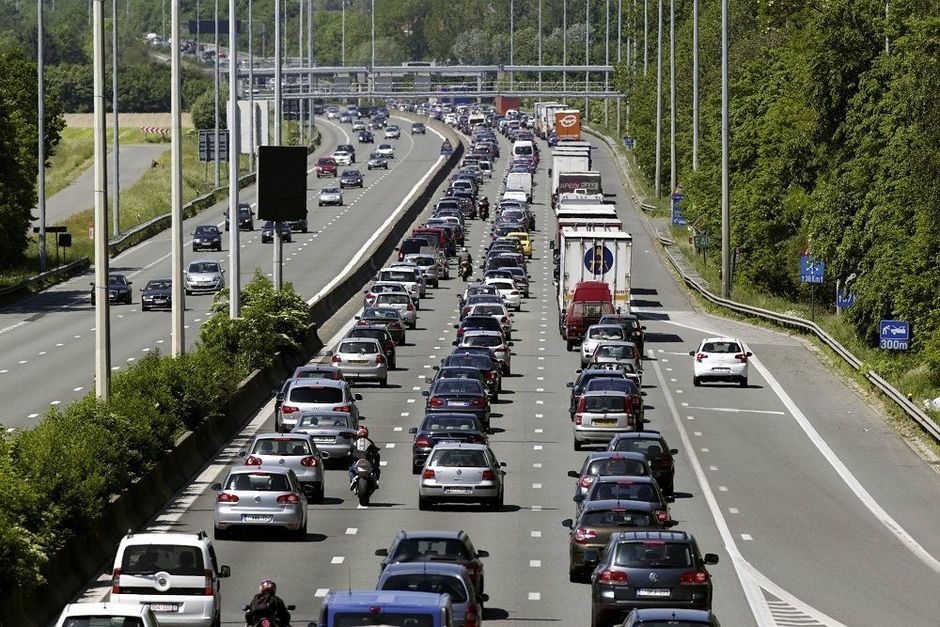As Belgium moves out of lockdown, mobility is not getting the required attention, according to a number of experts in an open letter published in De Standaard on Tuesday.
"Those drawing up the exit strategy do not take spatial implications into account, despite warnings" about the impact on mobility, the experts pointed out. "Prime Minister Sophie Wilmès (MR) even called for public transport to be ignored and for the car to be used as an alternative," they added.
"The limited attention paid to the spatial infrastructure should not come as a surprise," they went on, "because the expert groups do not include spatial planners, urban planners, traffic experts or architects. The Ministers of Mobility and the Environment also remain out of the picture."
Related News
- 42% less traffic in Brussels than before lockdown
- STIB network hit by strike for second straight day
They also pointed out that large parts of Belgium exceed the World Health Organisation (WHO) recommended values for fine particle pollutants.
"Governments in our country are already being taken to court" over the lack of air quality, they said. "It is difficult to understand why they are fighting this health crisis without taking another fatal health problem into account. Recent studies indicate that air pollution may be a catalyst for the lethality of the coronavirus. A reckless restart in terms of mobility can have major consequences."
"Moreover, mobility is inextricably linked to economics. An efficient restart of the economy requires easy access to shops, businesses and offices," the opinion piece's authors said, adding that "mobility also determines the quality of life of the public space. The lockdown means fewer cars and literally frees up space for residents who are at home with children, in a small house without a garden or terrace."
The authors have two recommendations. The first is to recommend travel by foot or bicycle where possible, as "it promotes physical exercise and helps curb the spread of the virus," and the second is to "write out guidelines to enable" social distancing "in the public space and on public transport."
"Many decisions that are part of the exit strategy have a spatial impact on our living environment," they said. "Covid-19 upsets existing balances, causing people to behave and move differently. This paradigm shift deserves a quick and decisive spatial direction that avoids chaos and gives the economy and society every opportunity to restart," they concluded.
Jason Spinks
The Brussels Times

